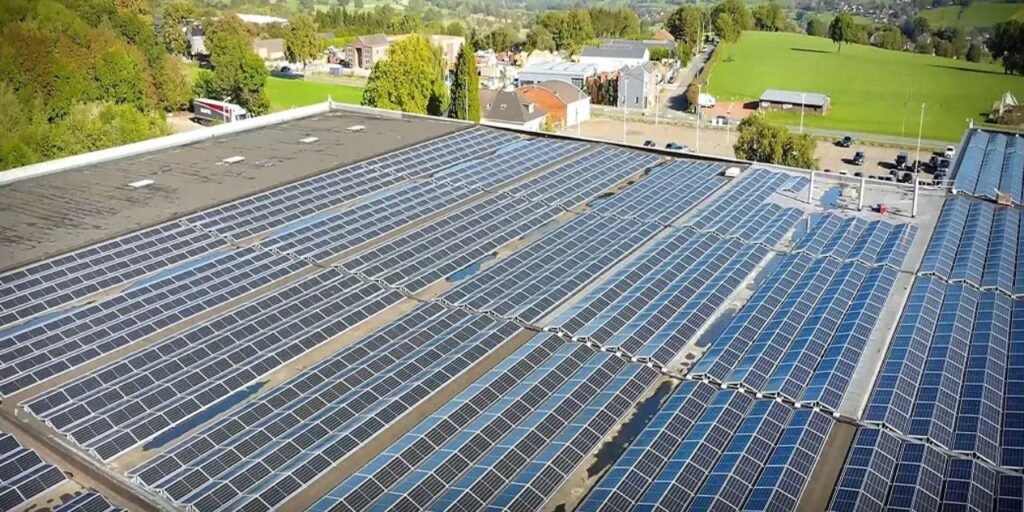
BASF, the world’s leading chemical company, is committed to a sustainable future and has set an ambitious goal of cutting Scope 3.1 emissions by 15% across its whole portfolio by 2030, with a net zero target by 2050. This can only be performed by collecting raw materials with reliable Product Carbon Footprint (PCF) primary data, as well as raw materials with a reduced PCF.
One of the first stages is to incorporate glass fibers from sustainable sources into BASF’s Ultramid A & B compound series. These glass fibres are produced by 3B Fibreglass, a well-known manufacturer and supplier of glass fibre solutions for thermoplastic and thermoset polymer reinforcements. To reduce its carbon footprint.
“Throughout the years, 3B has made substantial efforts to minimize its carbon footprint as part of our sustainability strategy and objective of being carbon neutral. In addition to technological developments in our operations, we are adding more renewables to our mix.
The glass fibre sector has set an ambitious goal of becoming climate neutral by 2050. Beginning January 1, 2024, 3B will take a huge step ahead by producing glass fibres with renewable electricity. The green electricity used in production, like the mass balancing principle, is due to BASF’s glass fibre products.
